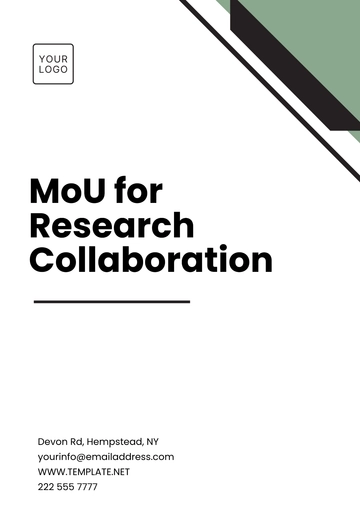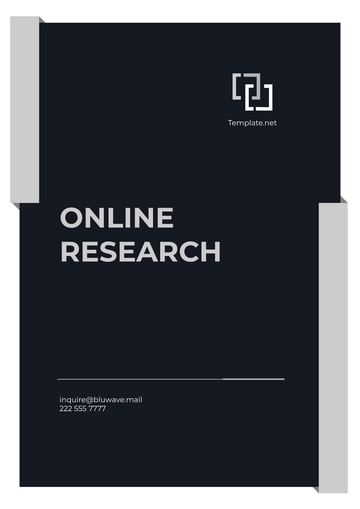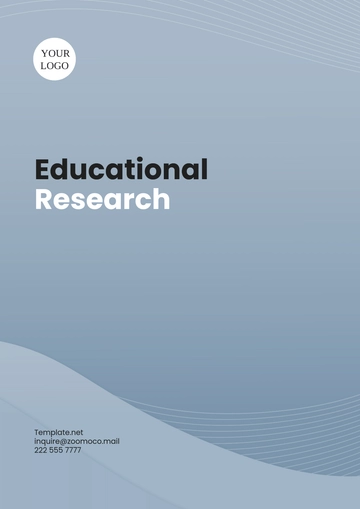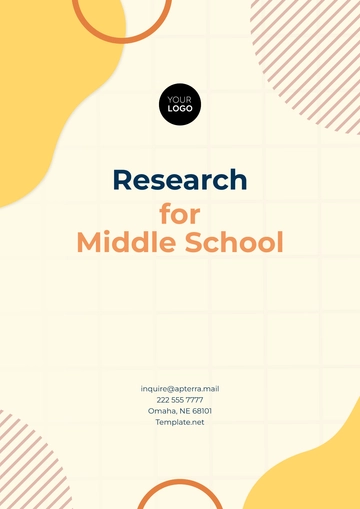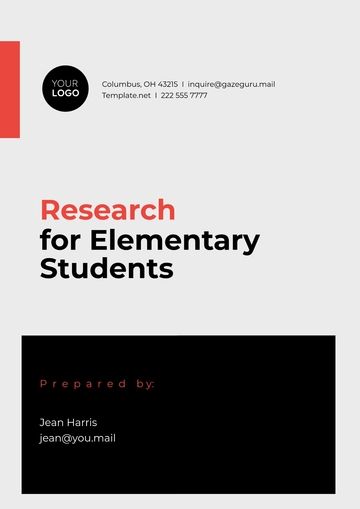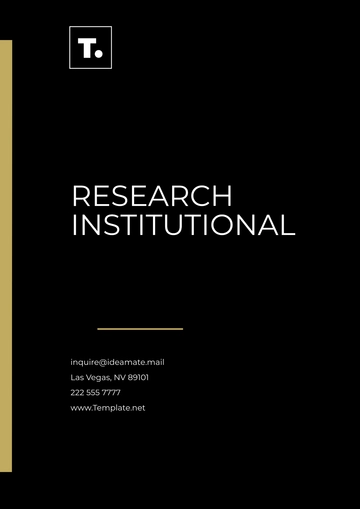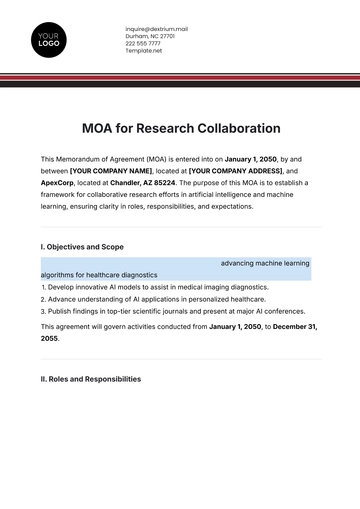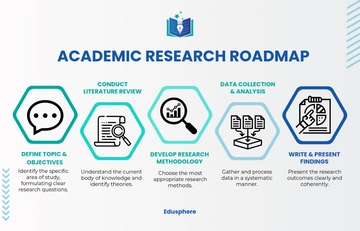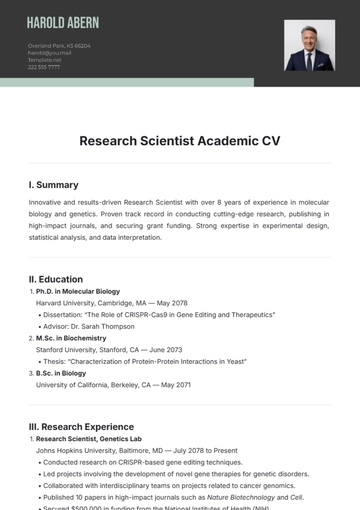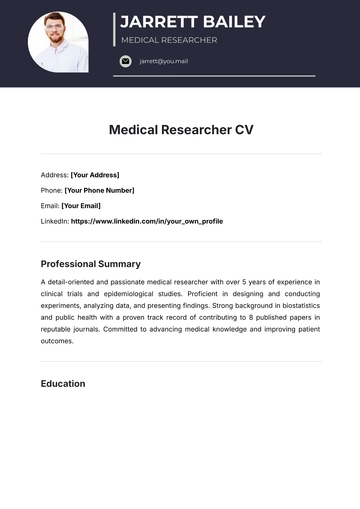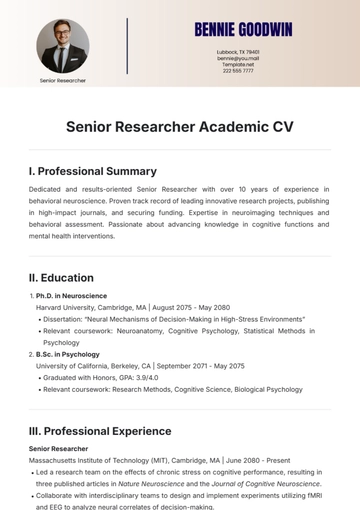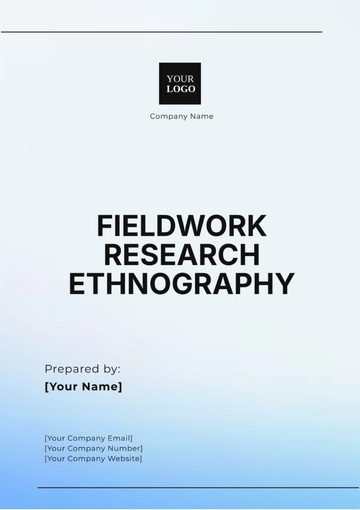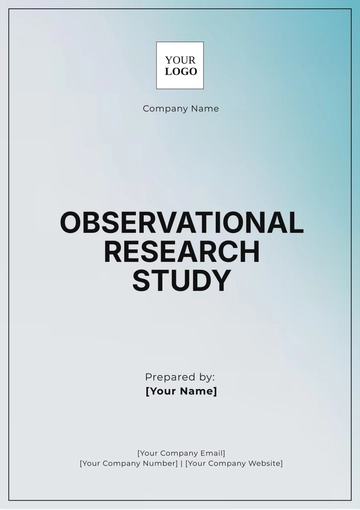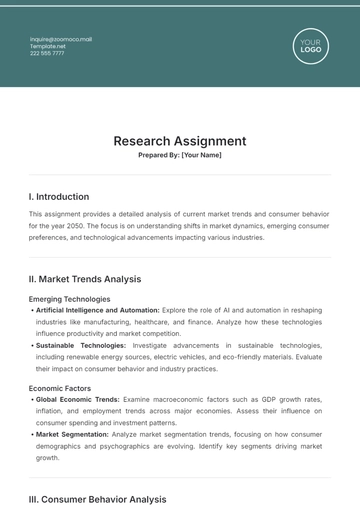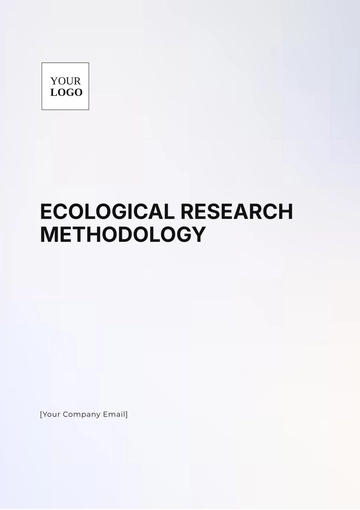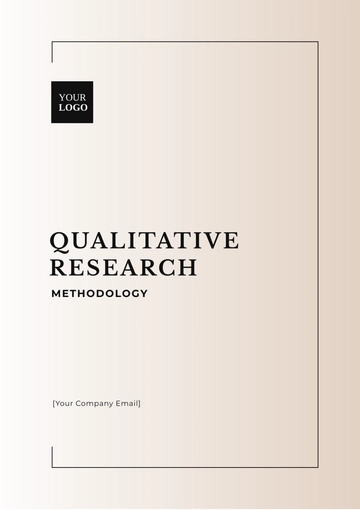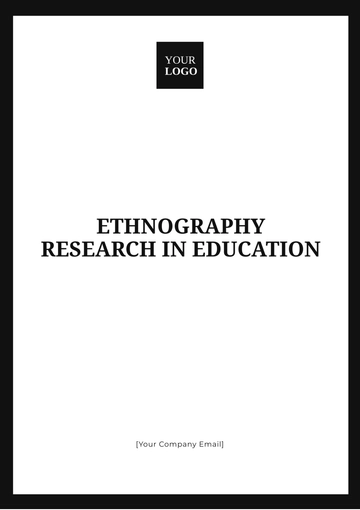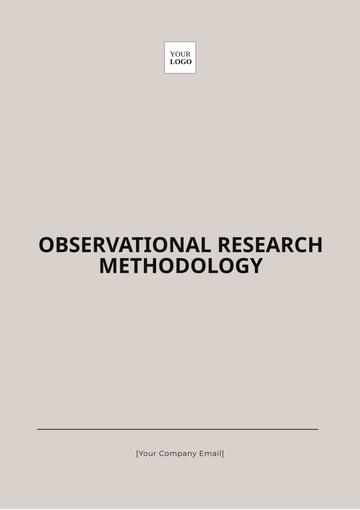Free Publication Ethics Qualitative Research
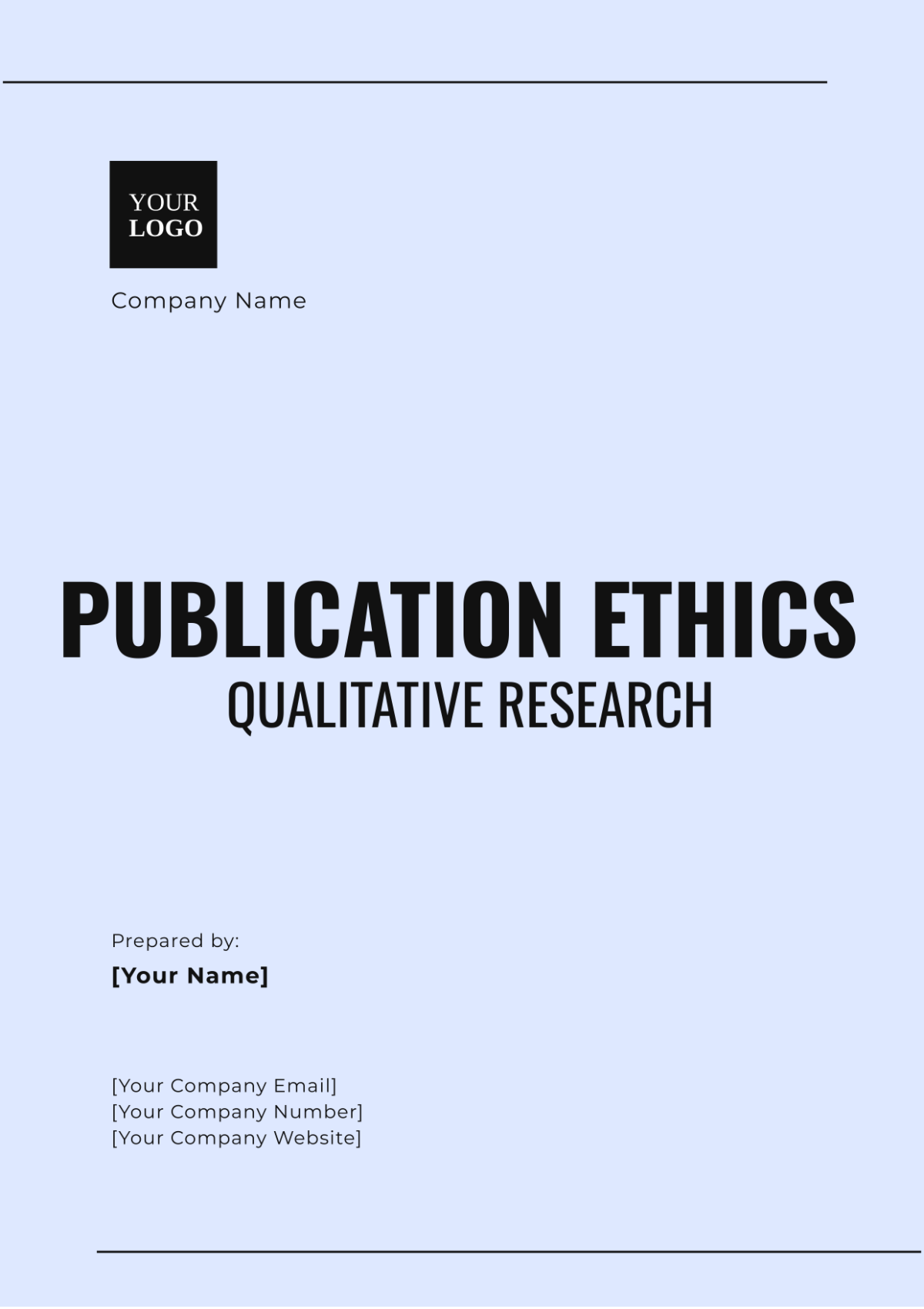
I. Introduction
Qualitative research plays a pivotal role in understanding complex human behaviors and societal phenomena. However, publishing qualitative research poses significant ethical challenges that vary across different academic fields. This research aims to provide a comprehensive comparative analysis of these ethical challenges, exploring how they manifest and are mitigated across various disciplines.
II. Ethical Challenges in Qualitative Research
Qualitative research is characterized by in-depth, contextual insights into human experiences. The nature of this research often leads to certain ethical challenges, including:
1. Confidentiality and Anonymity of Participants
Maintaining the confidentiality and anonymity of participants is crucial to protecting their privacy and personal information.
2. Informed Consent
Ensuring that participants are fully aware of the study’s nature and their role in it is essential for ethical research conduct.
3. Researcher Bias and Subjectivity
Addressing potential biases and the impact of researcher subjectivity on the findings is necessary to ensure research integrity.
4. Data Integrity and Transparency
Upholding the accuracy and transparency of data handling and reporting is vital for the credibility of the research.
III. Comparative Analysis by Academic Fields
1. Social Sciences
Ethical concerns in the social sciences often center around confidentiality and informed consent. Researchers frequently engage with vulnerable populations, making it imperative to ensure participants' full understanding of the study and data use.
Mitigation Strategies:
Stringent ethical review boards
Emphasis on participant welfare
Detailed consent processes
2. Health Sciences
Health sciences face unique challenges due to the sensitive nature of health-related data. Key issues include patient privacy, data security, and potential psychological harm.
Mitigation Strategies:
Strict confidentiality agreements
Comprehensive ethical guidelines for patient interaction
Oversight by Institutional Review Boards (IRBs)
3. Education
In education, ethical challenges often involve power dynamics between researchers and participants, who are frequently students. Ensuring voluntary participation and addressing the impact on student assessment are crucial.
Mitigation Strategies:
Ensuring non-coercive consent
Balancing researcher roles as educator and researcher
Addressing publication bias and maintaining academic integrity
IV. Mitigation Strategies Across Fields
Despite the distinct ethical challenges in different fields, several common strategies are employed to address these concerns:
Development of Comprehensive Ethical Guidelines
Creating guidelines specific to qualitative research helps address field-specific ethical issues.Enhanced Training for Researchers
Providing training on ethical issues ensures that researchers are well-informed and equipped to handle ethical dilemmas.Transparent Reporting and Data Sharing Practices
Promoting transparency in reporting and sharing data supports the credibility and reproducibility of research findings.
V. Conclusion
Ethical challenges in qualitative research publication are multifaceted and vary significantly across different academic fields. Understanding these challenges and implementing appropriate mitigation strategies is crucial for maintaining the integrity and credibility of qualitative research. This comparative analysis highlights the importance of field-specific ethical considerations and the need for ongoing efforts to address these challenges.
VI. References
Use the appropriate referencing style, such as APA or MLA, to list your references. Here are examples in APA format:
American Psychological Association. (2020). Publication manual of the American Psychological Association (7th ed.). Washington, DC: Author.
Creswell, J. W. (2013). Qualitative inquiry and research design: Choosing among five approaches (3rd ed.). Los Angeles, CA: Sage.
- 100% Customizable, free editor
- Access 1 Million+ Templates, photo’s & graphics
- Download or share as a template
- Click and replace photos, graphics, text, backgrounds
- Resize, crop, AI write & more
- Access advanced editor
Enhance your research with the Publication Ethics Qualitative Research Template offered by Template.net. This customizable, downloadable, and printable template ensures that your work adheres to the highest ethical standards. Fully editable in our AI Editor Tool, it allows you to tailor the content to meet your specific research needs with ease.
